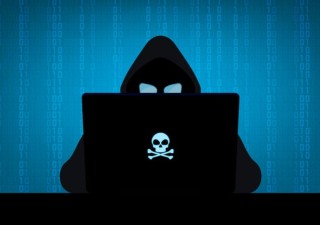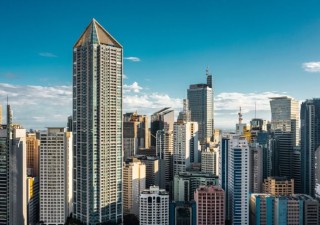• China Small Commodities Market (Yiwu, China) This market reportedly sells mostly consumer goods. Industry has cited the market as a center for wholesaling of infringing goods, making this market the origin of many counterfeit goods available internationally.
• Harco Glodok (Jakarta, Indonesia) This market is one of many in Indonesia known for counterfeit and pirated goods, and is particularly notorious for pirated optical discs.
• Ladies Market (Mongkok, Hong Kong) This well-known tourist shopping area is one of several markets in Hong Kong that have been targeted for anti-counterfeiting enforcement by Hong Kong Customs.
• Luowu Market (Shenzhen, China) Shenzhen and Guangzhou provinces are reportedly home to dozens of markets offering counterfeit or pirated goods. The display of signs prohibiting the sale of such goods has not served as an effective deterrent, as exemplified by the Luowu market.
• Nehru Place (New Delhi, India) Nehru Place is reportedly one of the many markets in major cities throughout India that are known for dealing in large volumes of pirated software, optical media and counterfeit goods.
• PC malls (China) Industry reports that personal computer malls throughout China, such as Hailong PC Mall in Beijing and Yangpu Yigao Digital Square in Shanghai, sell computers with illegal operating system software and other unlawfully pre-installed software.
• Quiapo (Manila, Philippines) Quiapo is just one example of several locations and neighborhoods, especially in metropolitan Manila, known to deal in counterfeit and pirated goods such as clothing, shoes, watches and handbags.
• Red Zones (Thailand) Thai authorities have designated the Panthip Plaza, Klong Thom, Saphan Lek and Baan Mor shopping areas, among others, as targets for enforcement against piracy and counterfeiting.
• Silk Market (Beijing, China) Industry has cited Beijing’s Silk Street Market as a particularly prominent example of the counterfeiting of consumer and industrial products that is endemic in many retail and wholesale markets throughout China.
• Urdu Bazaars (Pakistan) The Urdu Bazaars in Karachi and Lahore reportedly remain the main sources of pirated books in the country, though book piracy is widespread and extends beyond such bazaars.







